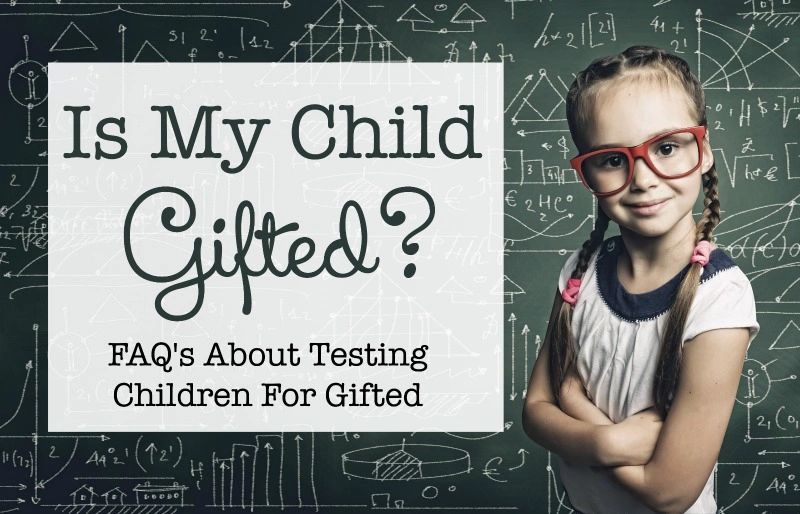

The test has 3% margin of error and confidence level of 95%. Tali Shenfield in collaboration with the researchers from the Department of Statistics at the University of California, Los Angeles. The final score indicates the likelihood that the child is gifted and serves as a good indication of whether a formal gifted assessment would be beneficial. The answers are weighted according to the relative importance of a particular giftedness trait and evaluated based on statistically normalized sample data. It consists of 45 questions that assess specific traits common in highly gifted students.

The questionnaire takes less than 5 minutes to complete.

This test is the most comprehensive online gifted test for children available today. Insistence on doing things on their own - in their own wayįree gifted screening test has been developed to help parents determine whether a formal gifted assessment is recommended.Emotional reactivity, often perceived as immaturity.Some of the following traits may cause difficulty for a child: Not all gifted behaviors are exhibited positively. Enjoyment of solitude and time spent reading, writing, daydreaming, observing, or just thinking.Frustration when others talk too slowly or take too long to "get to the point".Sensitivity to others' feelings and circumstances.Many gifted children are able to concentrate for an unusually long period of time on a topic of interest but might have a hard time focusing on an activity that is repetitive or boring to them.Įmotional and behavioral traits shared by many gifted children include the following: Gifted children may enjoy coming up with their ways to solve problems and delight in making connections between seemingly unrelated concepts. They may have preferred ways of learning and resist using other methods suggested by a teacher.Ĭreative thinking. The gravitation toward adults.Often disengaged from their peers, gifted children frequently prefer the company of adults.Īn understanding of their own minds. They display excellent memory, prefer reading to physical activities, and require little need for instruction when acquiring a new skill. Highly focused on certain areas of interest (e.g., bugs, space, animals), they ask questions that show advanced insight. Gifted children are like mental sponges, constantly absorbing and incorporating new ideas. They frequently speak fast, possess a sophisticated vocabulary, learn words easily, demonstrate curiosity and seek thorough explanations of the world around them. Gifted children often form recognizable sentences and understand complex language early, typically before the age of two. Their unusual aptitudes are often expressed in the following areas: Gifted children demonstrate a range of traits that set them apart from peers. Assessments can shine a light on these hidden gifts, revealing which educational choices will draw out and enhance the child's latent abilities. Many only appear to be mainstream (from a developmental standpoint) but actually have high creative potential that can remain undetected for years-or even an entire lifetime. Not all kids with unusual potential show it. Sometimes spotting special aptitudes is easy the three-year-old who reads cereal boxes and the kindergartner who slings metaphors obviously display advanced cognitive abilities. Characteristics of Gifted ChildrenĪll children have gifts. One point on which all sides agree is that unusual intelligence is the product of both environmental and genetic factors working together to influence brain development. Conservative definitions base identification on IQ scores and academic achievement alone, while more liberal interpretations may also recognize unique advanced abilities in subjective areas such as acting, leadership, art, and music. Among experts in the field, "giftedness" is a debated concept.


 0 kommentar(er)
0 kommentar(er)
